“Baby Shark” was his lifeline.
Moments before a four-hour surgery to remove his brain tumor, he whispered the words of his favorite song. It was all he could do to calm down.
The familiar melody gave sophomore Adam Kay a moment of peace, a second of serenity before he went under anesthesia.
When then 9-year-old Kay woke up from his surgery, he no longer had the left quadrant of the cerebellum in his brain. This made simple functions such as balance, coordination and motor skills very difficult. He knew his life “would never be the same.”
Kay’s eventual brain surgery started from headaches and nausea in the third grade. These issues got progressively worse until they were impacting his daily life; Kay would constantly have strange memory lapses.
“At first it just felt like I was getting sick a lot, but then I started forgetting weird things,” Kay said. “Sometimes I would forget what I was doing or saying mid-sentence.”
Kay’s mom, Laura Yosowitz, noticed changes in Kay’s behaviors too.
“What I remember about Adam before he got diagnosed with a brain tumor, was that he was just an incredibly happy high-energy child,” Yosowitz said. “He loved to be silly and play, and absolutely loved to hang out with his friends.”
As the symptoms worsened, his family searched for answers.
“Just after hurricane Harvey, we were displaced from our home and Adam started getting pretty bad headaches,” Yosowitz said. “It continued for a couple of months and that’s what led us to the Neurologist.”
The neurologists, stumped, gave Kay an MRI. The first one was inconclusive, forcing him back a few days later to get another scan.
Later that night, Kay got a call from his neurologists, saying that he had a benign juvenile pyloric astrocytoma, a brain tumor that starts in cells called astrocytes, which help support and protect nerve cells in the brain. The tumor can cause problems if it grows and presses on important parts of the brain.
“I was still a kid, so I guess I wasn’t able to fully process what was happening to me,” Kay said. “Nothing felt normal.”
It wasn’t just a headache anymore, it had a name and a reality. After careful consideration, Kay’s neurologist, Dr. Sandberg, informed Kay’s family that there was only one option.
Brain surgery.
“There was no discussion or other options, certainly not one that we would’ve considered,” Yosowitz said. “Luckily, the doctor was hopeful, even at that point, that the tumor was benign.”
The surgery was set to take place three weeks later.
“Adam was nervous the days leading up to surgery, about the thought of having his brain cut open,” Yosowitz said. “However, we tried to just stay focused on positive things, and we were hopeful that the prognosis was good.”
On May 2, 2018, at 5:30 a.m., Kay arrived at Memorial Hermann Hospital.
“I remember being with Adam in the preoperative area, with this little gown on waiting for the doctor to come and talk to us before they put him to sleep,” Yosowitz said. “They sent a child advocate who was very comforting and spoke to Adam about what the experience would be like, which was calming for both of us.”
Once the child advocate left, Dr. Sandberg came to see them.
“His presence was very reassuring and confident,” Yosowitz said. “He had done so many of these surgeries, and we knew we were in good hands.”
Next, the nurses came and started Kay’s IV that contained the anesthesia to put him to sleep for surgery. Yosowitz was with him until he fell asleep, then they took him into surgery while she waited.
Four hours later, the astrocytes that were replicating in his brain were gone. The surgery successfully healed Adam.
“It mostly felt to me like my world stopped for quite a while,” Yosowitz said. “I remember the overwhelming relief that I felt when the nurse came to the waiting room to speak to me after the surgery was done.”
The recovery process, however, was long. Kay struggled to fit in at school because he’d spent so much time away.
“I didn’t really understand how to interact with the other kids anymore,” Kay said. “I wasn’t around other people enough to understand how to socialize, but eventually I was kind of able to get over it.”
Kay spent a lot of his time with now junior Alan Kreindel once he returned home.
“A week after he got his surgery, I went to his house and taught him how to play Fortnite,” Kreindel said. “I could tell his brain was working a little slower, but I still enjoyed spending time with him.”
Kreindel noticed slight differences in Kay’s behavior, compared to how he was before.
“He used to be more energetic before his surgery,” Kreindel said. “But after, he wouldn’t move around or talk as much.”
The two were “tight-knit” after Kay’s surgery; they even created their own business together.
“After he recovered a little, we started our own slime-selling business,” Kreindel said. “We would sell it to our friends and families.”
At first, the boys would spend their earnings on entertainment such as Fortnite V-bucks.
But as they kept earning money, Kay, at only 9 years old, took on a new perspective: donating to organizations that support others fighting brain tumors.
This is what later sparked him to start his own business.
During his freshman year, Kay founded Kays Clipzz, a barber shop, as a way to follow his passion for entrepreneurship and raise money for a Child Neurology Fund. He only accepts donations and does not charge a set rate.
“Ever since I got diagnosed with the tumor, I went to a lot of neurologists and it made me really intrigued and interested in that,” Kay said. “It makes me happy to think about how other people that were like me are being helped by my donations.”
While Kay is unsure if he wants to continue his business in the future, he does want to continue something in the entrepreneurial or neuroscience field.
“Last summer, I worked with my friend Ralph at his dad Dr. Pankaj Satija’s neurology and pain management office as part of my community service, and it showed me that it could be a really cool career path,” Kay said. “But I’m not 100% sure yet, because I also enjoy the business route, and there are a lot more opportunities there.”
Kay’s love and interest in business stems from his dad’s career path.
“My dad is an entrepreneur himself, and he co-founded a real estate company called Entera,” Kay said. “He made me realize that I’d really enjoy starting a company and building it up.”
Kay’s parents have remained a constant source of encouragement throughout his journey.
“The recovery journey has definitely shaped Adam into an adaptable and resilient young man,” Yosowitz said. “He takes these experiences in stride and focuses on the good overall, and I’m so proud of him for that.”
Kay recognizes that even though the experience was hard, many opportunities arose from his situation.
“It’s been a lot, but I’m still thankful for everything,” Kay said. “I feel like everything that’s come from it made me who I am; I don’t think I’d be the same person without it.”


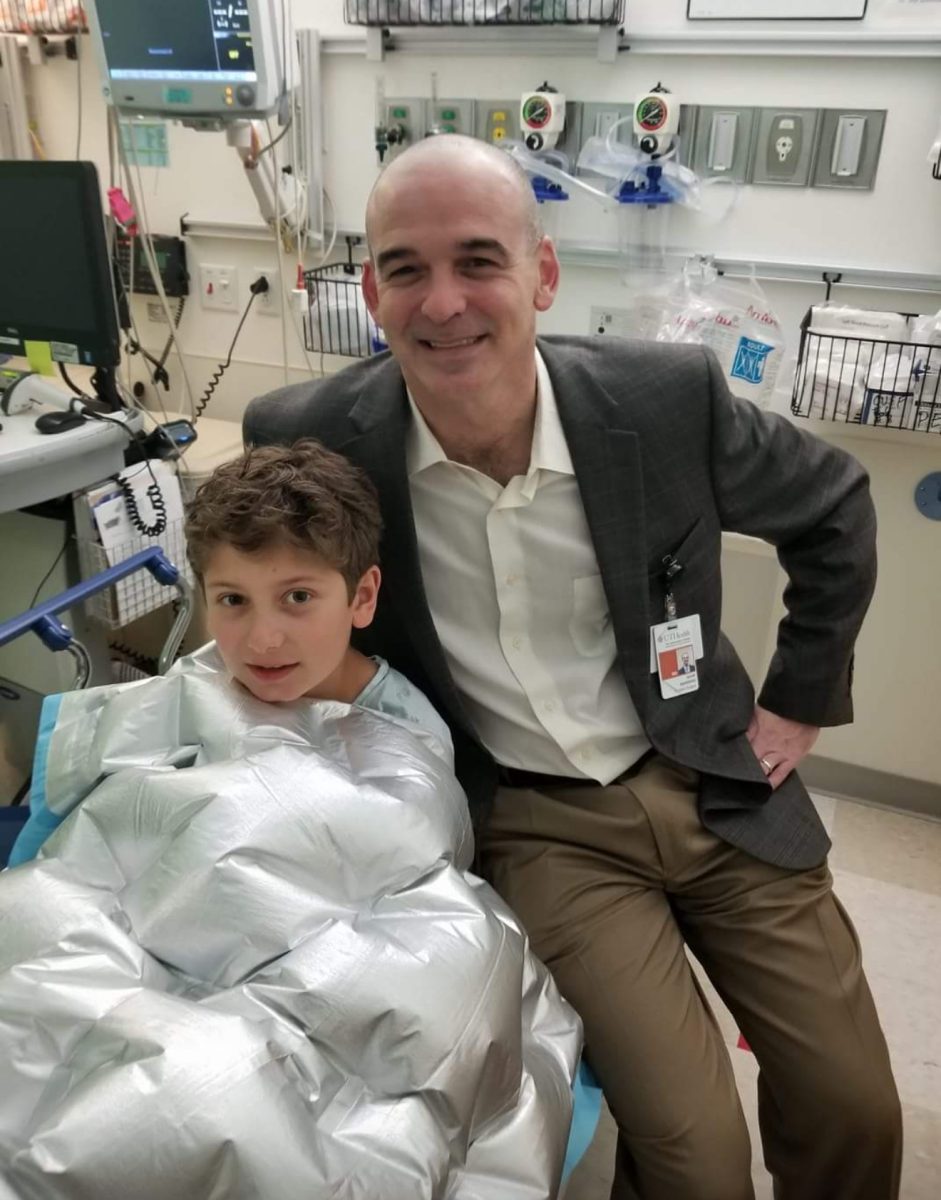
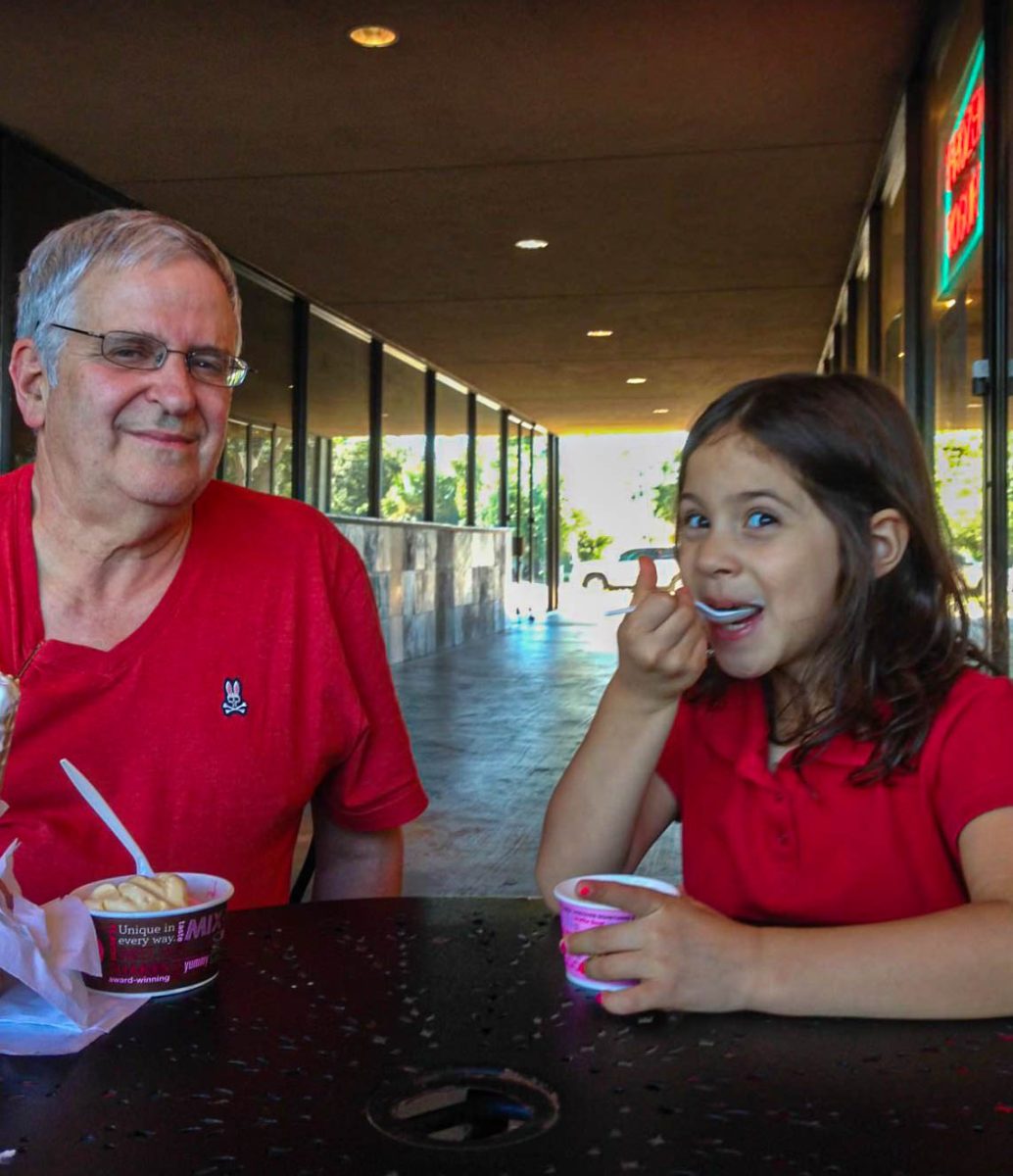
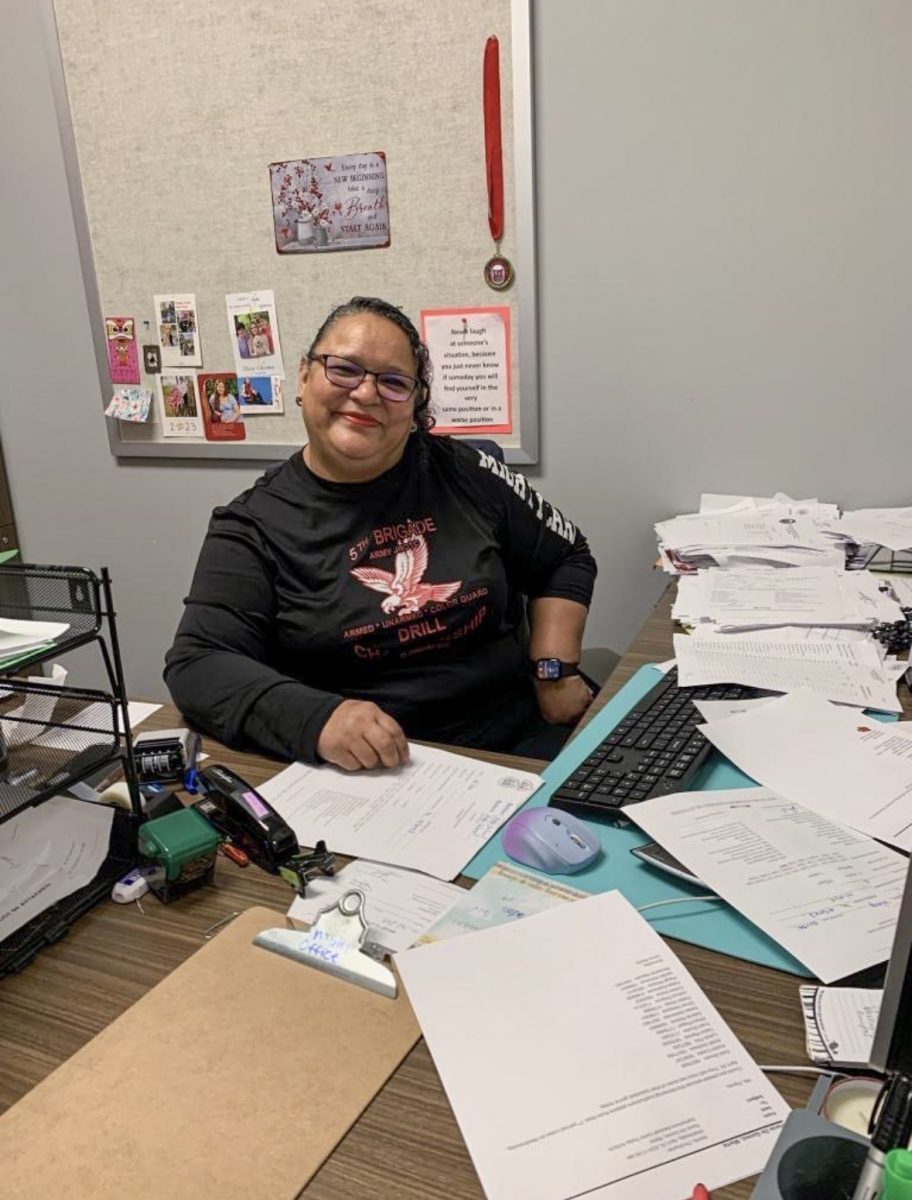

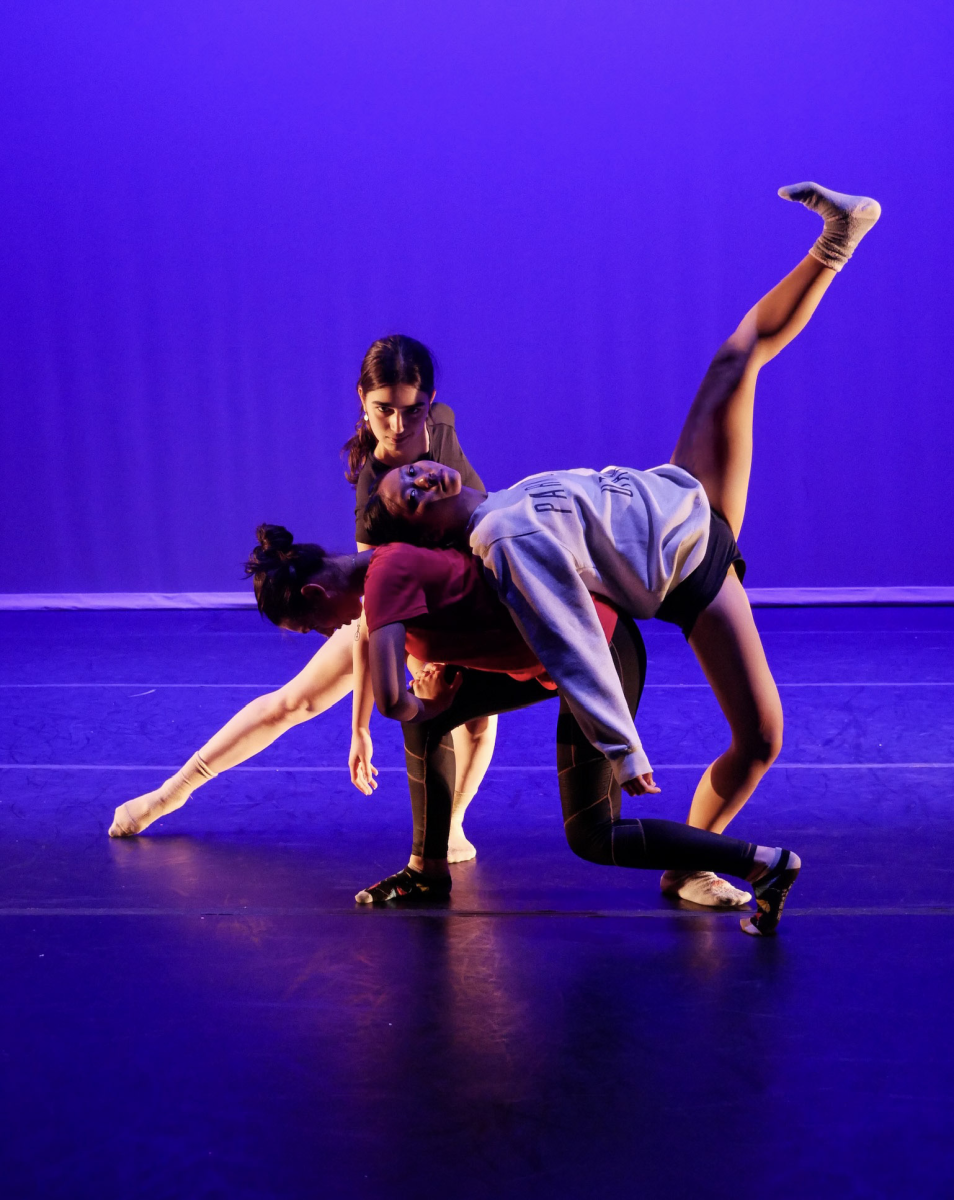
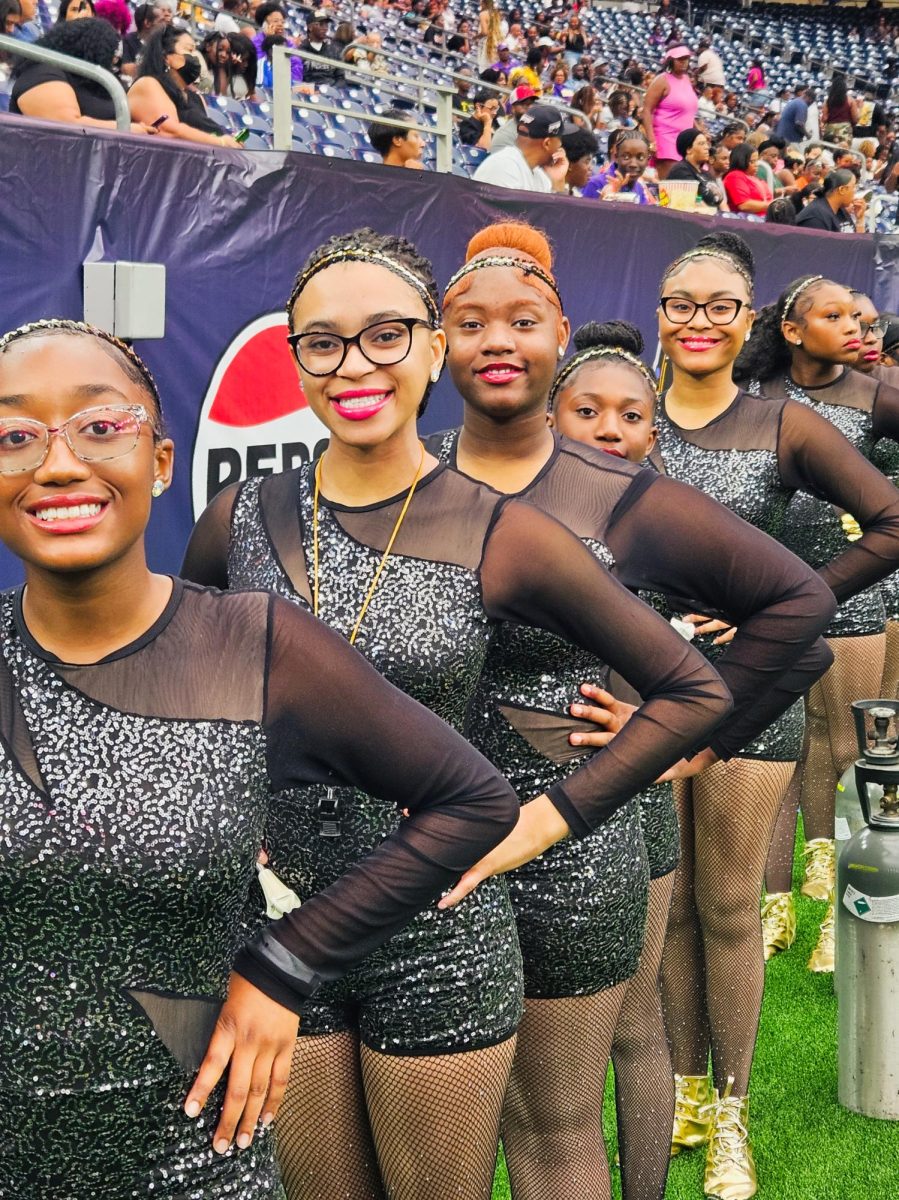
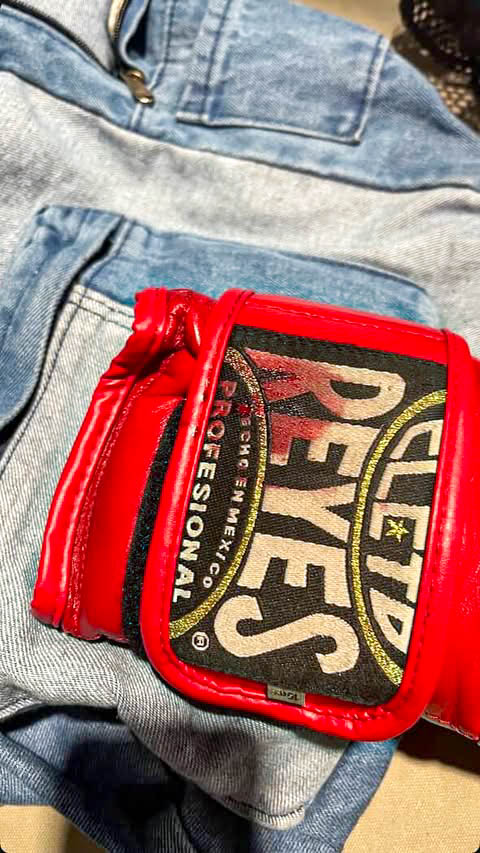
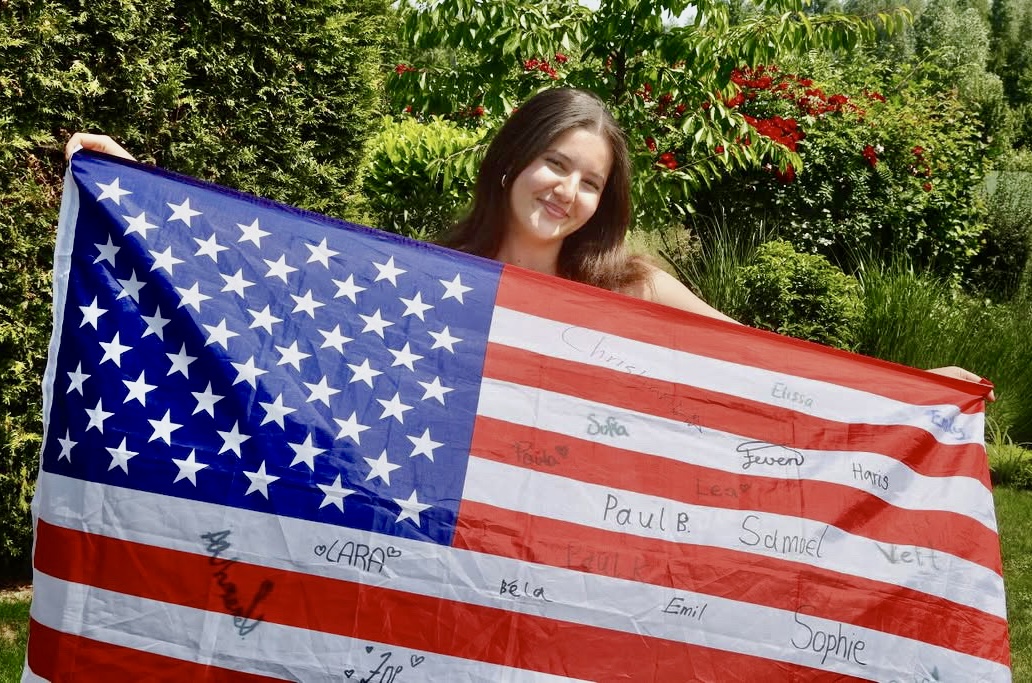
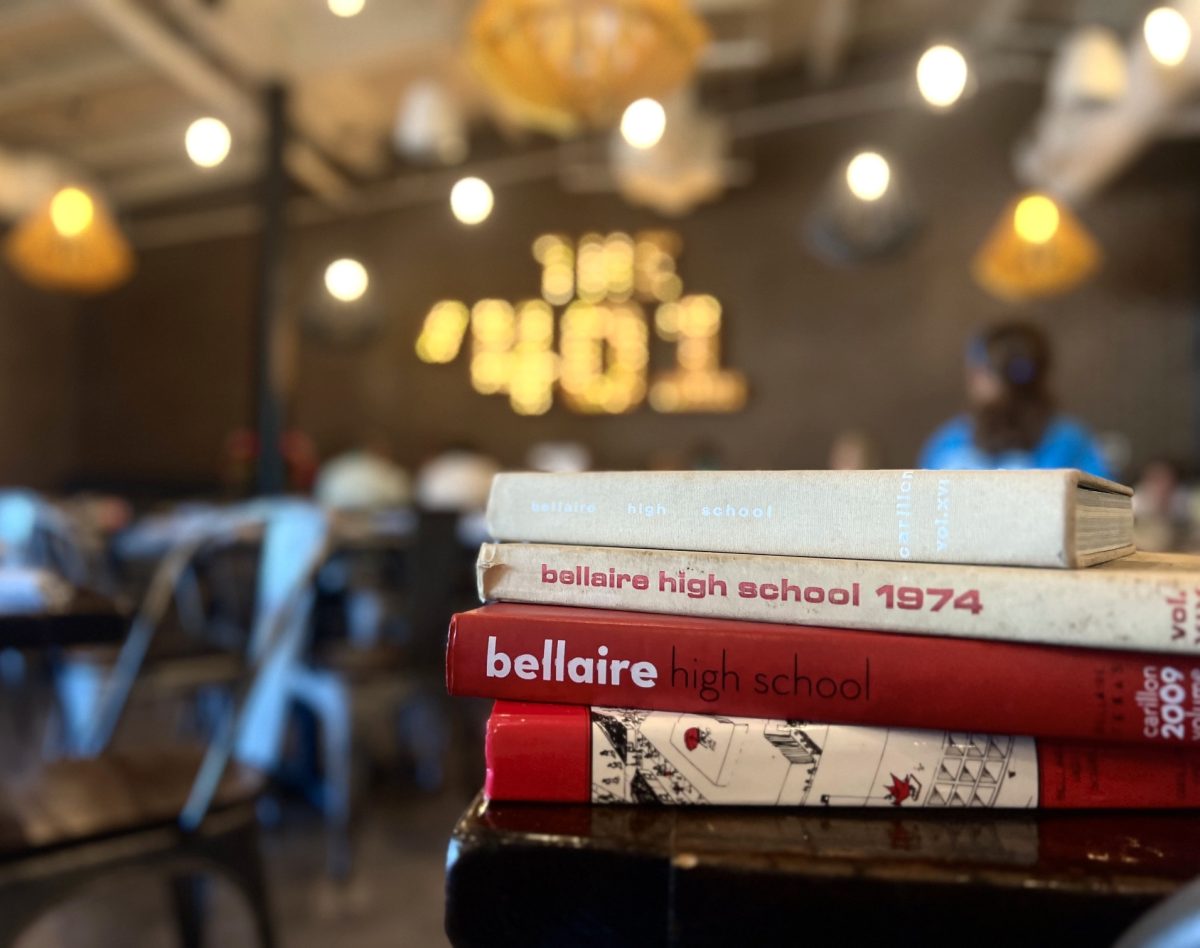
Misty White • Jun 6, 2025 at 5:54 pm
Great story and seems like a really awesome kid. Love that he started a business. Great reporting.
Haset • Jun 2, 2025 at 5:07 pm
Great story!!
Marc B • May 31, 2025 at 12:03 pm
Adam.. Making the world a better place. Keep rocking it!!
Roni Bardugo • May 29, 2025 at 9:38 pm
this is a really beautiful story and Adam beyond proud of you man!!
Laura • May 29, 2025 at 12:11 pm
Great story! Thank you for sharing 🫶
Sarah Nitsun • May 29, 2025 at 11:40 am
this was so interesting!! Thank you for sharing this inspiring story!!
Yuna Ji • May 29, 2025 at 11:39 am
yay Kay Klips!!!! Great story guys!!